Search

News & Events
The Kids celebrate neurodiverse leader selected for prestigious STEM programA remarkable Institute leader will join a cohort of 25 STEM-qualified women to take part in the prestigious 2024 Women in Leadership Development (WILD) program.

News & Events
Getting through to young people on sun safety and vapingResearchers from The Kids Research Institute Australia and Cancer Council WA will team up on two projects aimed at identifying the most effective public health messaging for young people around SunSmart behaviours and how to stop vaping.
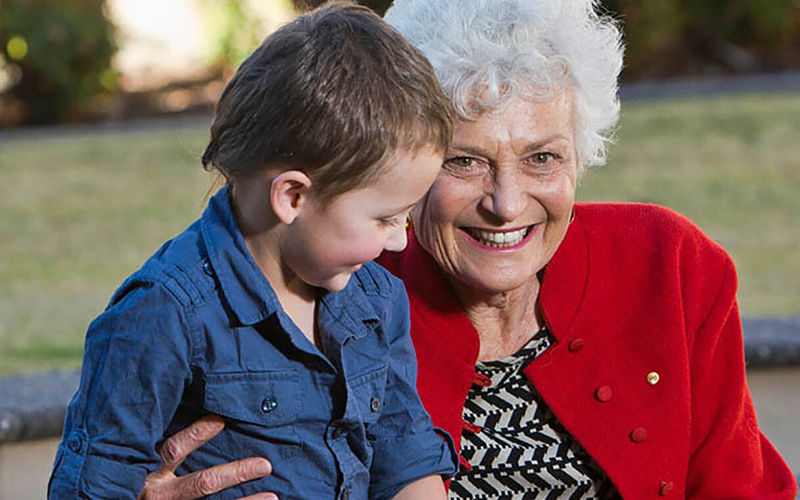
News & Events
OPINION: Fiona Stanley and Dan McAullay: Close the Gap focus ignores positivesThis opinion article was originally published in the West Australian on July 20, 2023.

News & Events
Top honour for folate hero Carol BowerA huge congratulations to The Kids Research Institute Australia founding researcher, Emeritus Professor Carol Bower, who has been recognised in the King’s Birthday Honours for her profound impact on child and public health over a 40-year career.
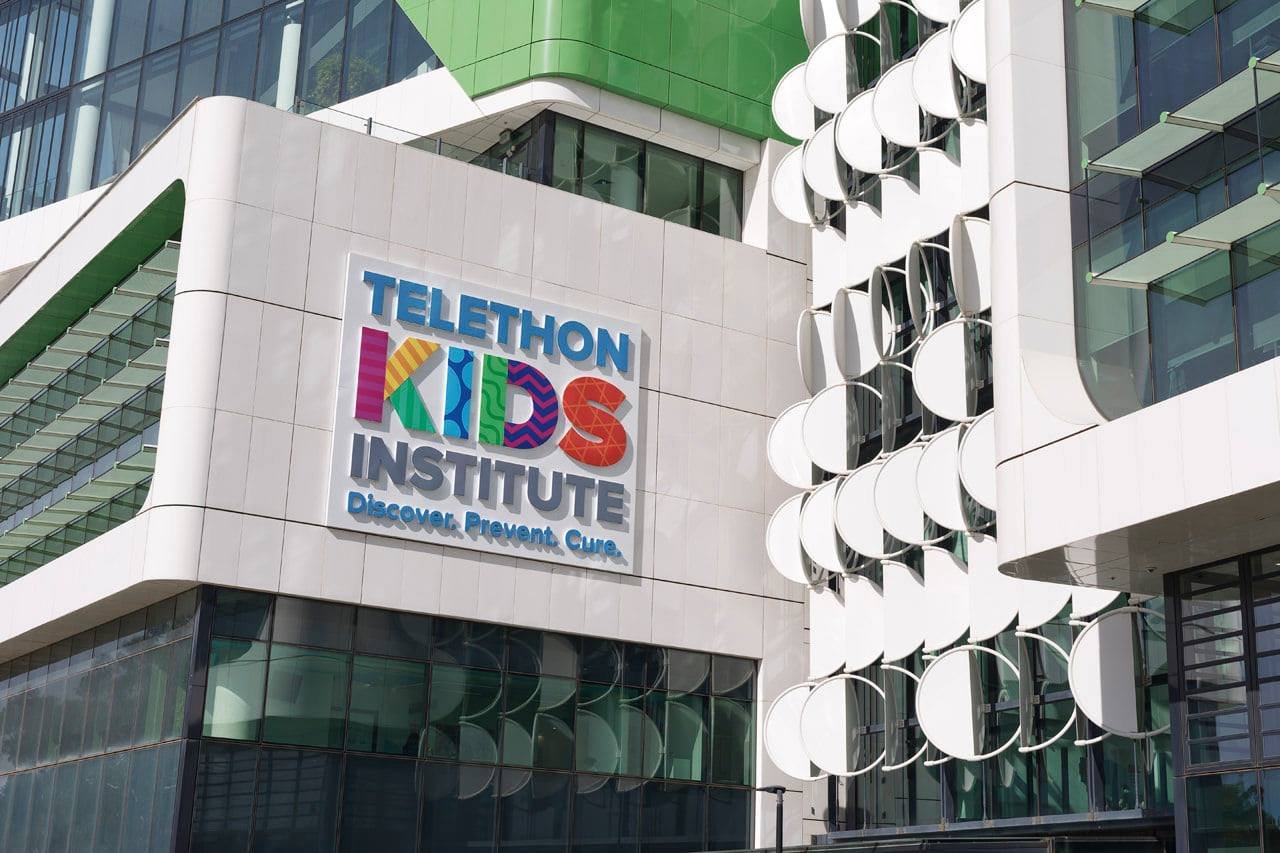
News & Events
We're looking for a Director, Strategy and Innovation to join our executive teamWe currently have an exciting opportunity for a Director, Strategy and Innovation to join The Kids Research Institute Australia in Perth, WA.
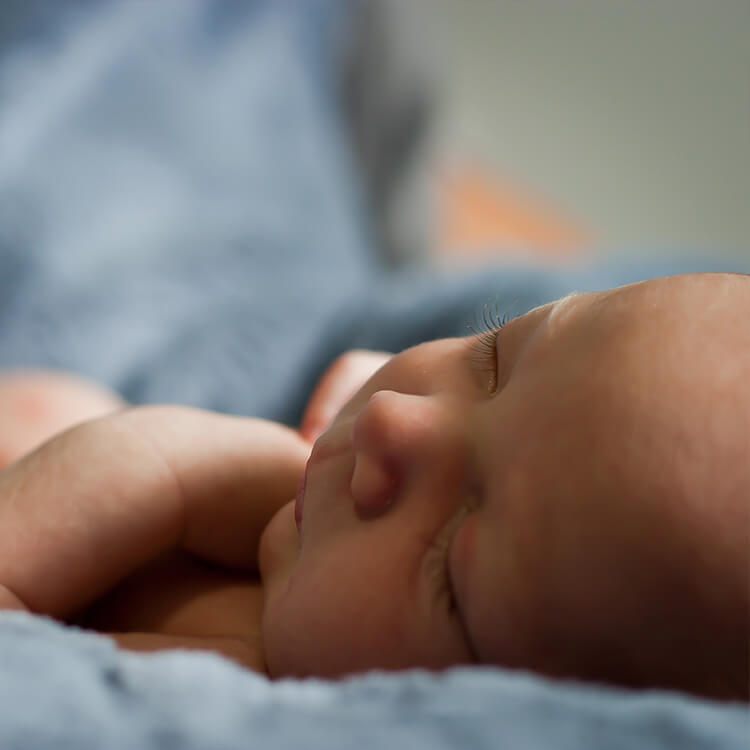
News & Events
Intubation study points the way to safer surgery in babiesPerth researchers who were involved in an international study which examined two different techniques used to intubate newborns and young babies during surgery expect the findings to lead to a change in global practice.
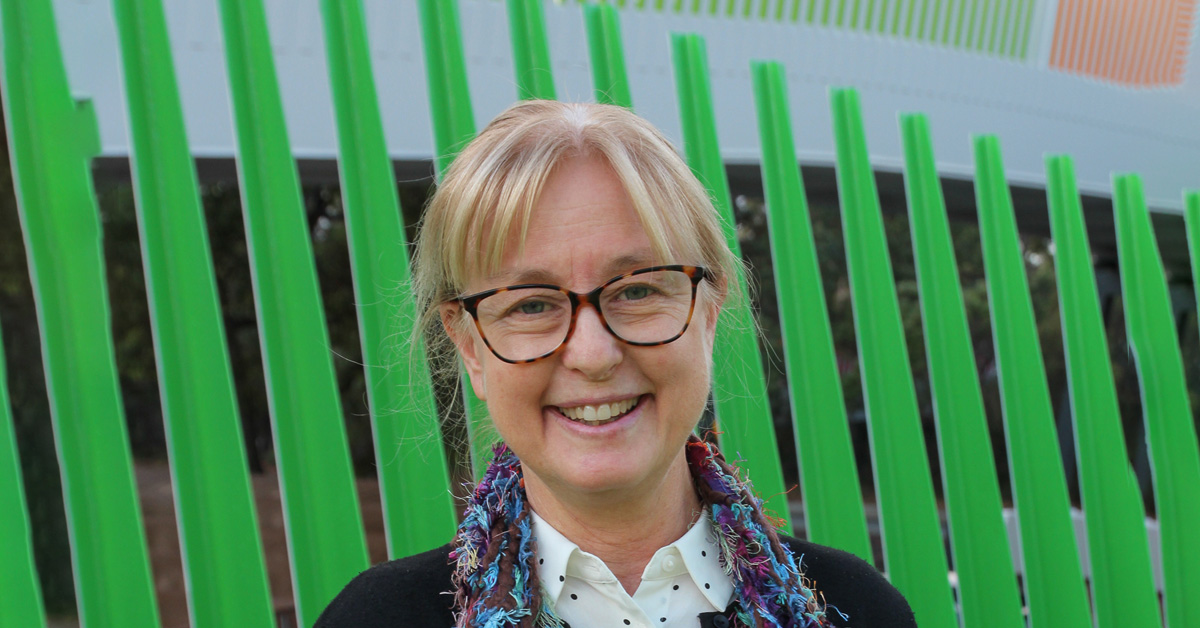
News & Events
Improving health access for children and families living with intellectual disabilityA project led by The Kids Research Institute Australia’s child disability team will seek to reduce potentially preventable hospitalisations and build health literacy for children and young people with intellectual disability.

News & Events
Trailblazing Aboriginal mental health researcher to attend Queen’s funeralPioneering Aboriginal psychiatrist, mental health champion and Western Australia’s 2021 Australian of the Year Professor Helen Milroy is among 10 ‘everyday Australians’ who will accompany Prime Minister Anthony Albanese and Governor General David Hurley to the funeral of the late Queen Elizabeth II.

News & Events
Premier’s Science Awards finalists recognised for work in physical activity, cancer and mental healthFour The Kids Research Institute Australia researchers from a diverse range of fields have been named as finalists for the prestigious 2022 Premier’s Science Awards.
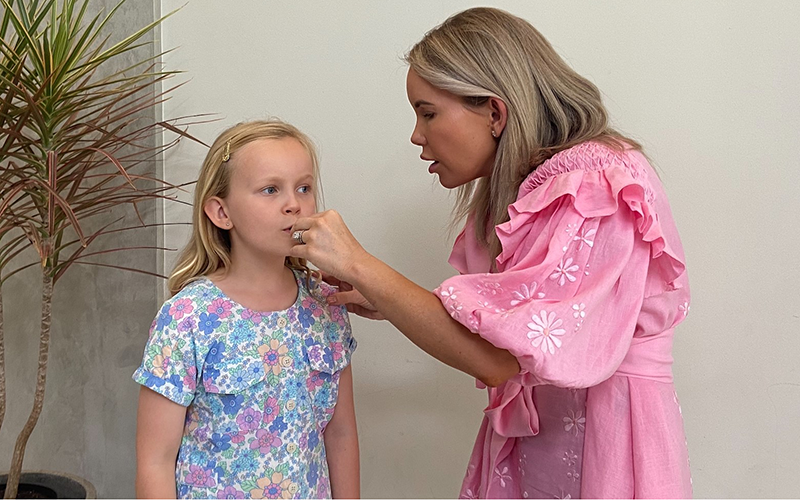
News & Events
Perth COVID-19 infection study to doorknock in search of undetected cases during Omicron waveResearchers will be asking random households across metropolitan Perth to undertake COVID tests to reveal how much undetected infection is in the community.
